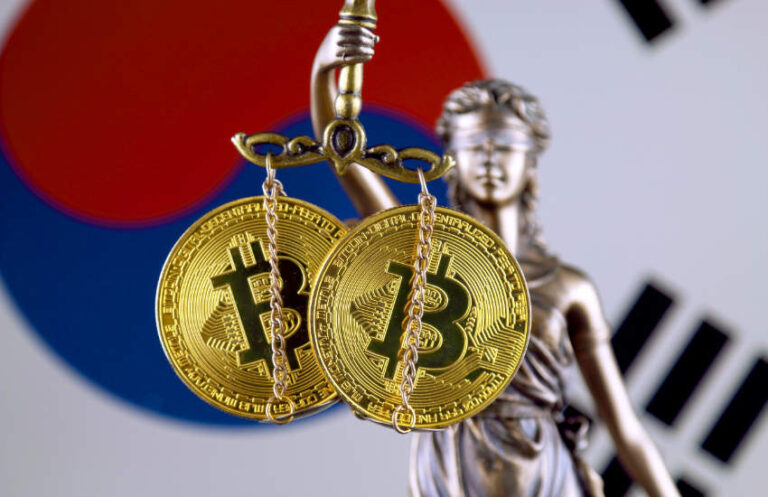
Source: www.ledgerinsights.com
On Friday, the South Korean National Assembly passed the “Law for the Protection of Users of Virtual Assets.” It covers protection such as crypto-custody segregation, regulating unfair business practices, and gives regulators powers to oversee and take enforcement action against crypto companies. The law enters into force in July 2024.
According to the Financial Services Commission, the legislation adheres to the principle of same business, same risks, same rules. It is also intended to be consistent with legislation in other parts of the world. There is a desire to implement the legislation gradually. Now that these laws have been enacted, the next phase will cover token issuance and distribution, including required disclosures.
For context, the Terra collapse in May 2021 was the main trigger for the collapse of cryptocurrencies. And Terra was founded and operated largely out of South Korea.
What Korean Crypto Regulation Covers
Regarding asset protection, the legislation includes a mandatory ban on mixing business assets with client assets. It also requires a proportion of the assets to be kept offline in cold wallets. Service providers must have insurance or mutual aid coverage, or alternatively have a reserve fund to compensate users in case of hacking or other failures. Crypto companies must keep transaction records for 15 years.
The legislation also addresses market abuses, including insider trading and price gouging. Suppliers may not make false statements or omit material facts. Deposits and withdrawals cannot be blocked without reason. In addition, there are restrictions on trading crypto assets issued by the provider.
Penalties for breaking the rules include prison terms of up to one year or fines of three to five times the amount of unfair gains. Violation of the rules on trading self-issued crypto carries stiffer penalties of up to ten years in prison.
In preparing to implement the laws, the Financial Services Commission says it will consult with various other government departments, including the finance and justice ministries, as well as the central bank.
Meanwhile, existing legislation largely covers the area of tokenized securities, and many of Korea’s largest institutions are working on launching digital securities platforms. Some of the initiatives focus on retail.
Read More at www.ledgerinsights.com